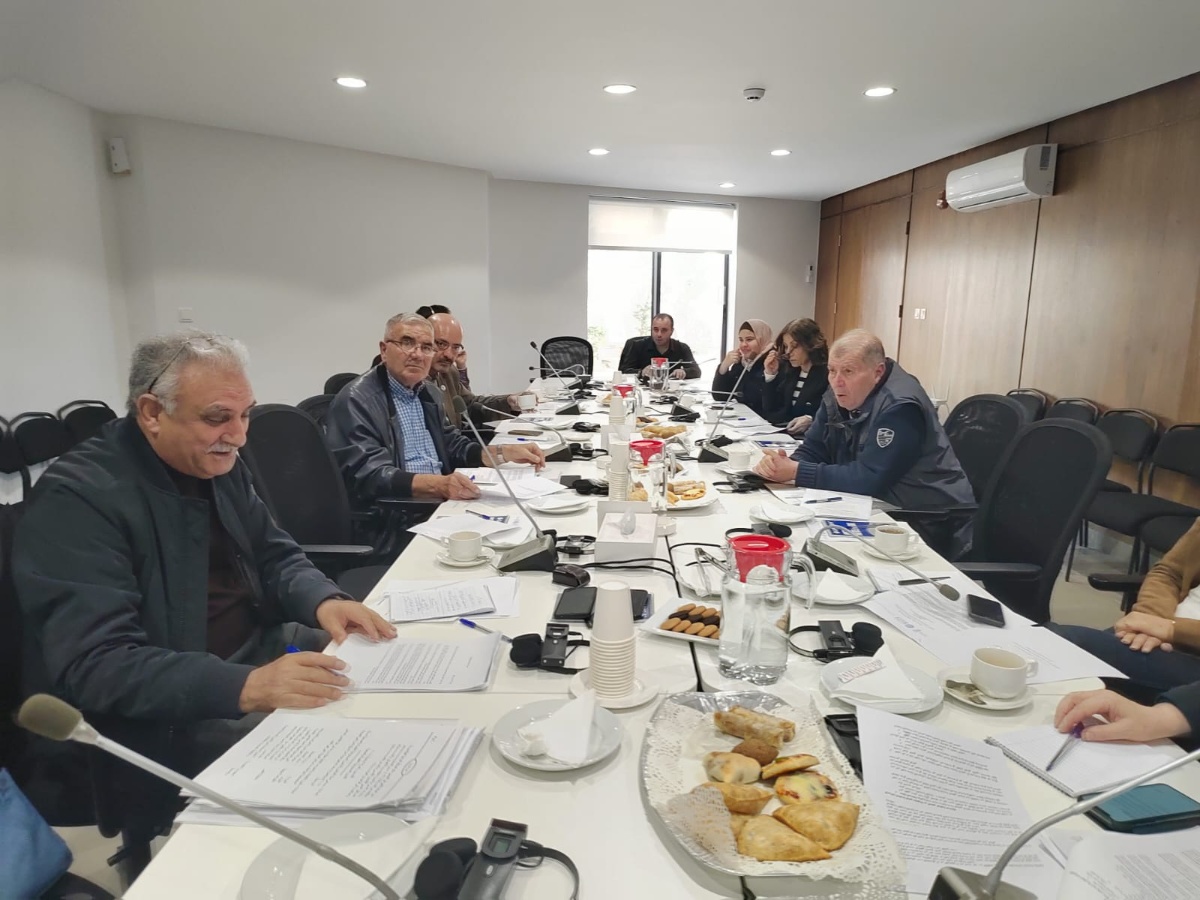Amid the obstacles that accompanied the application of the Medical Liability Law No. 25 of 2018, the most important of which being the absence of a detailed guide to medical procedures, also known as a classification system, as well as the lack of a clear definition for medical complications that distinguishes them from medical errors, experts and specialists in the medical field emphasize the need to deal with medical errors within the frame of the existing international definitions, and not as a crime, as doctors treat patients “in good faith, and with the intention of treating them, not committing mistakes against them.”
These assurances came during the second policy lab: “Proposed Interventions to Enhance the Efficiency of the Medical Responsibility and Health Law No. 25 of 2018”, organized by the Arab Renaissance for Democracy and Development (ARDD), Wednesday, March 1, 2023, in cooperation with Bath University in Britain, Western University in Canada, the Friedrich Ebert Foundation in the Middle East and North Africa, and the Social Research Center in Lebanon.
With the participation of experts representing the health and justice sectors, as well as social activists and representatives of civil society, the laboratory, which was managed by ARDD consultant Dr. Sawsan Al-Majali, saw a review of an analytical study of the law, carried out by Al-Nahda Centre, in addition to extensive discussions and dialogues to reach a common understanding of the gaps, priorities, and weaknesses facing the current law.
“We are meeting today to strengthen our dialogue and build on it, by providing a set of analytical tools and approaches to improve the Jordanian health sector, specifically with regard to the efficiency of the Medical Liability Law, in cooperation and coordination with all partners, due to its great impact and positive effects on the health and safety of citizens, and out of the keenness to preserve the rights and duties of both medical service providers and recipients,” Majali said.
In turn, the head of the Higher Technical Committee for the Medical Liability Law, Dr. Abdul Hadi Braizat, considered that the law should ideally guarantee the rights of the patient and those of the doctor. However, there is a big problem facing us, which is the confusion of roles between the technical work and the medical committee. This requires the proper reorganization of committees, as well as adhering to professional regulations and medical standards.
Dr. Ziad Al-Zou’bi, head of the Jordan Medical Association, said that setting standards for the law is not an easy undertaking. The basis for determining medical liability is the extent of commitment to the relevant professional regulations by the service provider and the place where the service is provided, stressing the need to indicate the type of responsibility that falls on the doctor, as there are currently no standards to distinguish between medical errors, medical complications, and adverse events.
Regarding the development of the Liability Law, former member of the Higher Technical Committee for Medical Errors, Dr. Mo’men Al-Hadidi, underlined the importance of institutionalizing medical work, as well as training medical staff and raising awareness among doctors, lawyers, and service recipients, proposing in this context to offer “training courses” for doctors through YouTube, and then giving them qualification exams to become members of the Technical Committee for the Medical Liability Law.
Dr. Fadia Samara, member of the Patient Protection Coalition, pointed out that there is an imperative need to involve the private sector and civil society in policy-making and the adoption of laws, with the importance of reconsidering the formation of the Supreme Committee for the Law, and the participation of all the authorities relevant to the subject of medical errors, in a way that guarantees and protects the rights of patients as well as doctors.
As a result, and after many discussions and dialogues among the speakers, the training of experts and members of the committee was emphasized in cooperation with the Judicial Institute, as well as the activation of the Medical Malpractice Insurance Fund and providing support for it by companies, banks, and private institutions, with the importance of providing immunity for the medical committee, and making sure that the law will serve both parties in an agreeable manner, and that civil society, the Upper House and the Lower House of the Parliament, and media institutions will have a supervisory role in this regard.
Furthermore, the speakers explained that the policy lab will continue its work to develop a precise work plan that would contribute to addressing all the previous challenges, as well as forging partnership between all parties to solve the problem of addressing the doctor’s fear of medical accountability while safeguarding the patient’s rights.


